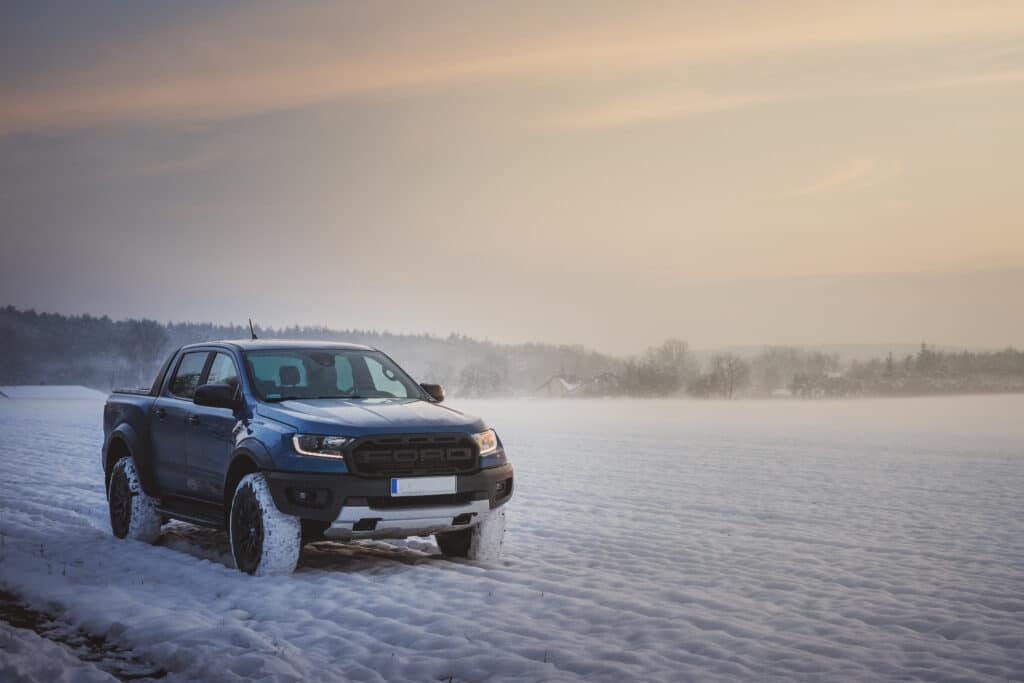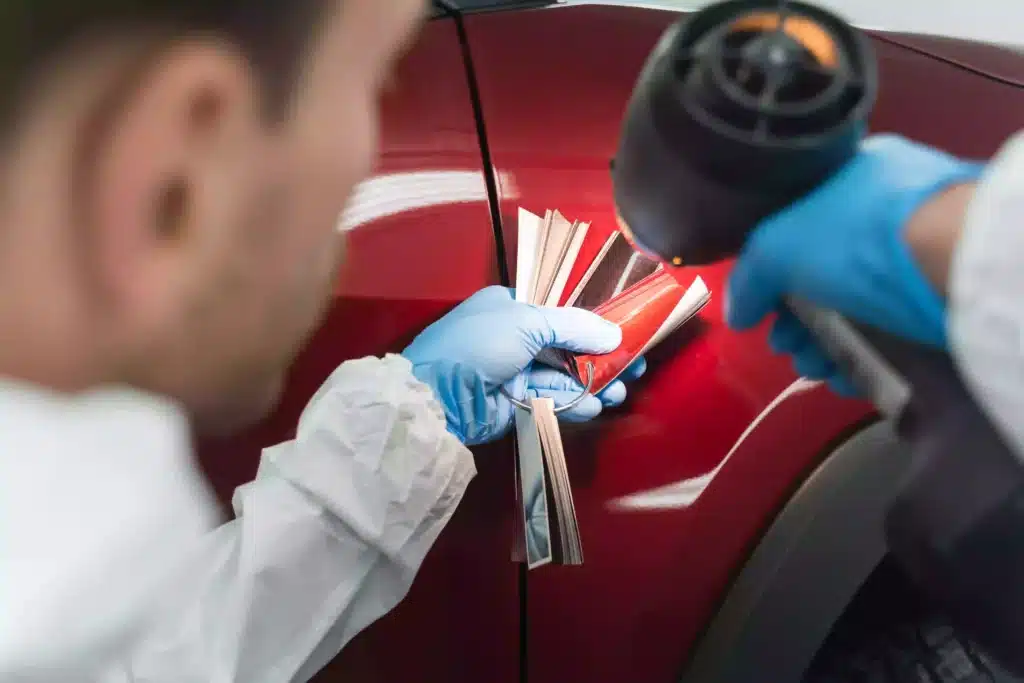Chevy Shake Problem: Lemon Law Claims and Legal Options
If your Cadillac, Chevrolet or GMC shakes violently while driving, General Motors may have sold you a defective vehicle.
As early as 2014, drivers noticed that their General Motors cars, trucks and SUVs are plagued with the “Chevy Shake.”
Googling “Chevy Shake” will get you over 6 million search results. The Chevy Shake occurs when Cadillac, Chevrolet or GMC vehicles shake violently while driving over 35 miles per hour. However, it can happen at speeds of or below 25 miles per hour. Class action lawsuits have named two possible causes for the Chevy Shake: the aluminum driveshaft and the 8-speed transmission.
Home » Manufacturers Of Lemon Vehicles » Chevrolet Lemon Law: What You Need to Know » Chevy Shake Problem
Plagued By Chevy Shake
Several drivers uploaded footage of their steering wheels shaking violently, hoping to get some answers.
Since then, news outlets reported on the Chevy Shake, multiple class action lawsuits were filed, and many more Cadillac, Chevy and GMC drivers have realized they’ve been saddled with lemons.
Has your Cadillac, Chevrolet or GMC vehicle shaken or shuddered while driving? Tempted to nickname your Silverado the “Shake-arado?” If so, we recommend that you opt out in order to preserve your California Lemon Law rights. By doing so, you avoid being given a piecemeal chunk of the final settlement and can instead pursue a significant cash settlement tailored to your unique situation.
The Chevy Shake FAQ
1. WHAT VEHICLES HAVE THE CHEVY SHAKE?
According to class action lawsuits, these vehicles may experience the Chevy Shake due to a faulty aluminum driveshaft and/or 8-speed transmission:
- 2016–2022 Chevrolet Camaro
- 2017–2022 Chevrolet Colorado
- 2014–2022 Chevrolet Silverado
- 2014–2022 GMC Sierra
- 2017–2022 GMC Canyon
- 2015–2019 Chevrolet Corvette
- 2015–2020 Cadillac Escalade
- 2015–2017 Cadillac Escalade ESV
- 2016–2019 Cadillac ATS, ATS-V, CTS, CT6 and CTS-V
- 2015–2022 GMC Yukon and Yukon XL
- 2015–2017 Yukon Denali and Denali XL
- 2015–2020 Chevrolet Suburban
- 2015–2020 Chevrolet Tahoe
If you have any of these vehicles and are experiencing the Chevy Shake, call us today at 833-208-8181 to opt out of a Chevy class action lawsuit and pursue your individual lemon claim.
2. WHAT CAUSES THE CHEVY SHAKE?
The class action lawsuits named two causes for the Chevy Shake: a weak aluminum driveshaft and GM’s 8L90 and 8L45 transmissions.
According to Kim Bostick v. General Motors, the aluminum driveshaft (known as a “propeller shaft” or “prop shaft”) weakens over time and eventually drops to the ground. The “prop shaft” is supposed to transfer power from the engine to the wheels, but when it falls apart, the vehicle becomes undriveable.
According to Francis v. General Motors, the problem is caused by faulty 8-speed transmissions and/or torque converters. The hydraulic systems and gears don’t work properly because of internal issues in the 8L45 and 8L90 transmissions. The 8-speed transmissions and/or torque converters cause friction between surfaces. As a result, metal shavings circulate throughout the transmission, damaging components and leading to transmission failure.
According to Battle v. General Motors, the Hydra-Matic 8L45 and 8L90 transmissions have a “shift defect” that General Motors has not fixed. General Motors allegedly knew about the Chevy Shake shift defect since 2013, but will not fix it until 2023 with a major redesign of the transmission.
3. IS THE CHEVY SHAKE DANGEROUS?
This widespread defect can cause serious safety issues in GM vehicles. In some cases, owners of affected GM models can incur serious financial costs or end up in an accident due to loss of vehicle control.
Plaintiffs reported these common dangers posed by the so-called Chevy Shake:
- Harsh shifting, jerking, lurching or hesitation
- Vibration in the steering wheel, seat or floorboard
- Violent shaking or groaning between 35 mph and 70 mph
- Worsening shaking or vibration at highway speeds
GM vehicle owners may be unable to control acceleration and deceleration thanks to the Chevy Shake defect. Thus far, General Motors has not issued a recall for the issue. An attorney behind the lawsuit told reporters that the defect is “oftentimes been considered like driving over rumble strips at certain speeds.”
4. HAS GENERAL MOTORS FIXED THE CHEVY SHAKE?
No. To date, General Motors hasn’t provided an adequate fix.
General Motors knew about the defect with the Chevy Shake since at least 2013. When GM tested a vehicle with one of these 8-speed transmissions, the downshift was described as a “neck snapper.” Since 2015, General Motors issued at least 13 versions of a technical service bulletin. This TSB advised the dealerships to attempt these repairs:
- The “clutch drive learn procedure”
- Replace the valve body
- Flush the cooler and cooler lines
- Flush the transmission
- Remove debris from and clean the transmission pan
- Replace the transmission filter
- Replace the transmission fluid
- Replace the transmission entirely
At one point, General Motors even considered a service proposal to include valve body replacements on the 8L45 and 8L90 transmissions at $1,250, according to a class action lawsuit.
Drivers with aluminum driveshafts have had to pay for custom steel driveshafts out of pocket. Some drivers got their transmissions flushed to deal with metal shavings caused by the defect. According to one lawsuit, drivers may require replacements of the torque converter, valve body or entire transmission.
When drivers dealing with the Chevy Shake do get replacements, they receive equally defective replacement parts.
In short, General Motors left the consumers to solve the problem with the faulty driveshaft, and allegedly doesn’t plan to fix the 8-speed transmission until at least 2023.
5. HOW DO I KNOW IF MY CADILLAC, CHEVY OR GMC VEHICLE IS A LEMON?
Your Cadillac, Chevrolet or GMC may have the Chevy Shake defect if the dealership can’t seem to fix any of these issues in your vehicle:
- Shaking and shuddering
- Vehicle jerking
- Vehicle hesitation
- Harsh or delayed shifting
- Harsh engagement
- Clunks while shifting
- Transmission slipping
- Difficulty stopping
Many drivers have reported that these defects ultimately led to transmission failure or the vehicle becoming undriveable. Of course, vehicles with the Chevy Shake defect can have other problems that won’t go away, making the vehicles unsafe to drive.
Cadillac, Chevy and GMC “Chevy Shake” Complaints
The Chevy Shake class action lawsuits show that many Cadillac, Chevrolet and GMC drivers sent complaints to federal regulators about the Chevy Shake defect. Read these complaints submitted to the National Highway Traffic Safety Administration.
Chevy Silverado Can’t Find Gears
“Transmission cannot find gears when coasting or slowing down and then hitting accelerator. Very dangerous when it hesitates for seconds before finding the right gear and going, or it stays in too high of a gear instead of downshifting to accelerate and rattles. Happens every time I drive the truck, and many other people have the same issue. GM doesn’t care!”
–2015 Chevrolet Silverado
Chevy Torque Converter Locks Up
“The torque converter was locking up on random occasions with no warning before shifting period. [It was] very dangerous while in traffic or trying to turn. GM told me they know about this problem of course and said [to] install a new transmission with updated parts that were bad from the factory.”
– 2017 Chevrolet Silverado 1500
Chevy Corvette Shifts Erratically
“8-speed automatic transmission always shifts erratically when starting out cold (lazy shift, slow shift, etc.) and occasionally does not downshift when car comes to a stop, only to slam hard into 1st when gas pedal is pressed to resume travel. Dealer says GM claims this is “normal,” but no car I’ve ever owned behaves like this. Appears to be fluid starvation internally.”
– Chevrolet Corvette
GMC Nearly Goes Through Garage Door
“Truck shifts really hard and is unpredictable. I almost drove through my garage door the other day shifting to drive from reverse. Truck will lunge forward or delay in shifting. There have been a few times I’ve had to slam on the brakes before I backed into something. I have brought it in 3-4 times for the issue and GMC won’t remedy the problem.”
– 2018 GMC Sierra
HOW DO I OPT OUT OF A CLASS ACTION LAW SUIT?
If you are included in a Chevy class action lawsuit, you may receive a notice in the mail. This Chevy lawsuit notice should describe the allegations that consumers have made against General Motors.
These notices usually contain instructions for opting out of a class action lawsuit. However, you should consult an attorney on the specifics of any Chevy lawsuit, including how much time you have to opt out.
Once you opt out from a Chevy lawsuit, you may pursue charges more specific to your situation. Contact a California lemon law attorney about your individual right to pursue a lemon law claim related to a Chevy class action lawsuit.
Do You Have A Lemon Vehicle?
"*" indicates required fields





